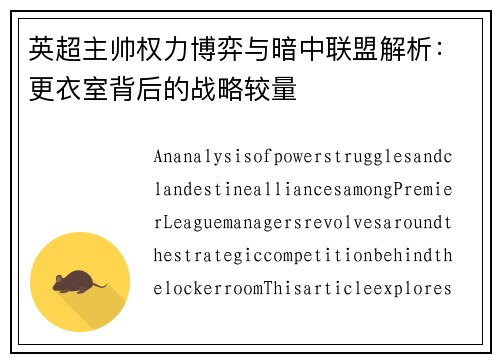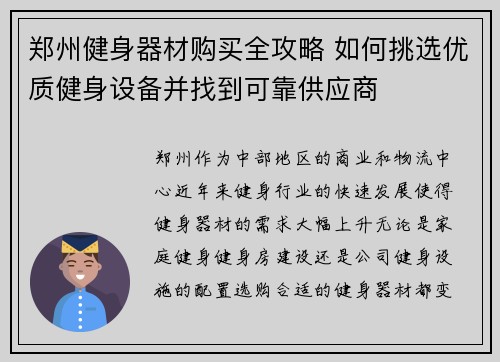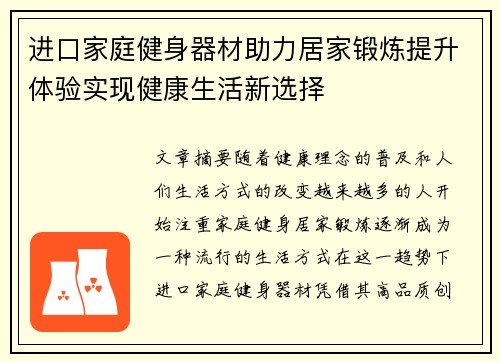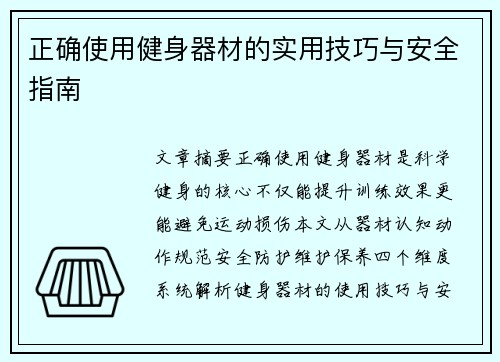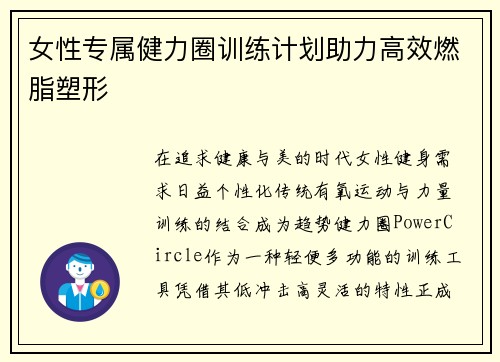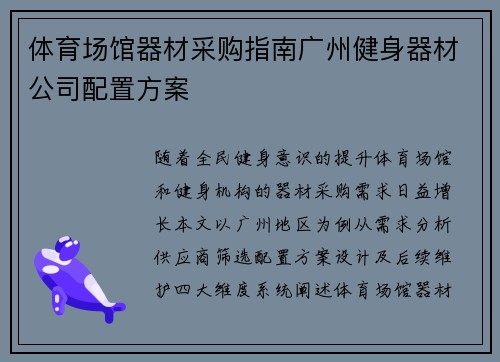An analysis of power struggles and clandestine alliances among Premier League managers revolves around the strategic competition behind the locker room. This article explores the dynamics through four key aspects, shedding light on the intricate tactics employed by managers to exert influence and build alliances in the intense world of English football.
1、权力争夺与阵营构建
Premier League managers engage in a constant battle for power, both within their clubs and across the league. This struggle often manifests in strategic alliances formed among managers, aimed at consolidating influence and navigating the complex network of rivalries and hierarchies.
Managers strategically align with certain clubs or individuals, leveraging these alliances to strengthen their positions in the league's power structure. These alliances can determine the outcomes of managerial decisions, transfers, and even influence the club's overall strategy and performance on the field.
Moreover, the formation of alliances isn't always overt but can be subtly orchestrated through shared interests, mutual respect, or even historical connections between managers. These alliances play a crucial role in shaping the competitive landscape of the Premier League, often extending beyond the confines of individual clubs.
2、战术变革与战略创新
Strategic competition among managers extends to tactical innovations and game-changing maneuvers on the field. Managers constantly evolve their tactical approaches, not only to outwit opponents but also to assert their dominance within their respective clubs.
Adopting new formations, innovative playing styles, or deploying unconventional strategies can be pivotal in gaining a competitive edge. These tactical innovations are often a response to the evolving dynamics of the league, including changes in player capabilities, rule adaptations, or insights gained from scouting and analytics.
Successful tactical innovations not only enhance a manager's reputation but also influence the broader strategies adopted by other clubs and managers. This creates a ripple effect across the league, where tactical prowess becomes a defining factor in a manager's success and longevity.
3、心理战术与媒体操控
Beyond the tactical realm, managers engage in psychological warfare and media manipulation to gain strategic advantages. Media interactions, press conferences, and public statements are carefully orchestrated to shape public perception, influence referees' decisions, or even unsettle rival managers and players.
Psychological tactics can also extend to mind games played between managers, where subtle jabs, mind games, or psychological pressures are employed to destabilize opponents and gain a mental edge before crucial matches. This psychological warfare is as much a part of the game off the field as it is on it, showcasing the strategic depth of managerial rivalry.
Furthermore, managers adept at media manipulation can control narratives, deflect criticism, or rally support from fans and stakeholders, thereby consolidating their influence and power within the club and the broader football community.
4、传承与变革的平衡
The balance between tradition and innovation is another critical aspect of managerial strategy in the Premier League. Managers often navigate the delicate balance between preserving club traditions and embracing progressive changes to stay competitive.
Established managers with a deep understanding of club traditions and histories leverage this knowledge to unite players, fans, and stakeholders behind a shared vision. They uphold the values and identity of the club while integrating modern methodologies and strategic innovations to adapt to the evolving demands of the game.
On the other hand, newer managers or those from diverse footballing backgrounds bring fresh perspectives and innovative approaches that challenge traditional norms. They introduce new training methods, scouting techniques, or player development strategies that can revolutionize how clubs operate both on and off the field.
华体会体育This balance between continuity and change defines the managerial landscape in the Premier League, where successful managers navigate these dynamics to leave a lasting impact on their clubs and the league as a whole.
总结:
英超主帅之间的权力博弈和暗中联盟构成了一幅错综复杂的战略画面。从权力争夺到战术创新,再到心理战术和传承变革的平衡,每个方面都揭示了主帅们如何在更衣室背后巧妙地操控局势,塑造他们在英格兰足球顶级联赛中的影响力和地位。这些策略不仅影响着球队的战术布局和比赛表现,还深刻地塑造了整个联赛的竞争格局和文化氛围。
在这个竞争激烈的环境中,成功的主帅不仅仅是战术大师,更是战略家和领导者,能够在变幻莫测的足球世界中稳定航线,引领球队走向胜利。
